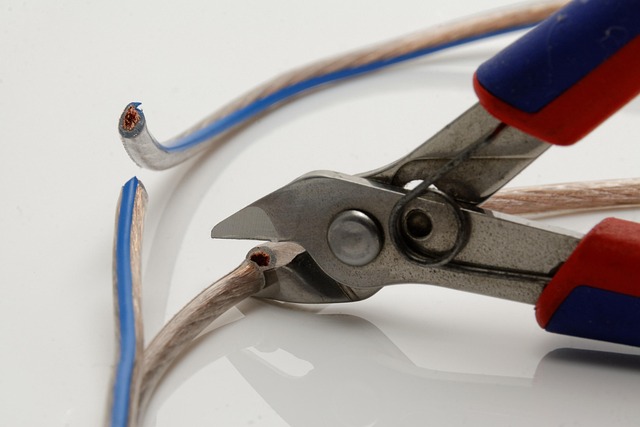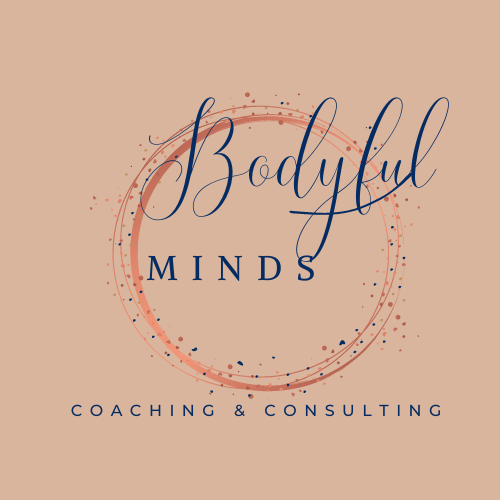Dismissing Rest While Dreaming of Escape
We often think of self-sabotage as big, dramatic actions: quitting before the finish line, ghosting an opportunity, or spiraling into negative self-talk. But one of the most subtle and overlooked ways ambitious moms self-sabotage is in how we approach rest.

We tell ourselves, “What I really need is a proper break. A weekend alone. A spa day. A week without kids.” And while those things sound wonderful, most of us don’t actually have the time, budget, or logistical freedom to make them happen regularly.
So instead of giving ourselves the restoration we can access, we reject it entirely. We push through. We power on. We keep going.
And that’s where the self-sabotage creeps in.
The Myth of “Real Rest”
If a break isn’t long, silent, and uninterrupted, we label it as worthless. We dismiss a five-minute pause with a cup of tea as “pretend rest.” We write off a quiet moment in the bathroom as “hiding,” not recharging. We laugh at the idea of a breath break because “what is that even going to fix?”
But here’s the thing: those small moments are real rest. In fact, they might be the most realistic and impactful forms of restoration available to us right now.
Rest isn’t about how long it lasts. It’s about whether or not you give yourself permission to receive it.
Why Ignoring Rest is a Form of Self-Sabotage
When we reject what’s available because it doesn’t match a fantasy, we:
- Deny our bodies a chance to reset
- Continue running on fumes
- Create resentment and burnout
- Wait for a future that might never come
This pattern isn’t about laziness. It’s about perfectionism. It’s about believing that unless rest looks a certain way, it’s not valid. That belief quietly reinforces the idea that we don’t deserve care unless we earn it through exhaustion.
Signs of Burnout and Rest Resistance in the Body
Your body always tells the truth. And it will let you know when you’re stuck in this sabotage cycle:
- You feel physically restless when you try to sit still
- You’re constantly fidgeting or multitasking
- Your breath is shallow or tight
- Even when you have downtime, you fill it with scrolling, chores, or planning
These are not signs of failure. They’re signals. Your nervous system is so used to “doing” that it forgot how to just be.
When You Can’t Rest, Even on Vacation
Here’s the tough truth: if you don’t practice resting in the day-to-day, you won’t suddenly be able to rest when vacation comes.
Your body doesn’t have an “off” switch. If you spend your days in a state of fight-or-flight — rushing, proving, pushing — then even when you do get time off, your nervous system may not know what to do with it. This is why so many moms get sick on vacation. The immune system, which had been running on adrenaline and tension, finally realizes there’s no saber-tooth tiger to outrun. And then it crashes. Headaches, fatigue, stomach bugs, or just an inability to feel truly present — these aren’t random. They’re symptoms of long-overdue stillness colliding with chronic stress.
Rest isn’t something you save up for. It’s a muscle you build.
A More Bodyful Approach to Breaks
Here’s a radical thought: what if you stopped waiting for a perfect escape, and started noticing the power of a single exhale?
Small, embodied moments of rest matter:
- One slow breath
- Sitting down to sip your coffee without your phone
- A quiet minute in the car before picking up the kids
- Placing your hand on your chest and saying, “I’m here.”
These are not insignificant. They are essential. They bring you back to you.
Bodyful Rest Practice: Try This Today
Next time you feel like saying, “This break doesn’t count,” pause. Place your feet on the floor. Take one slow breath. Say:
“This pause is enough. I am allowed to receive it.”
You don’t need to escape your life to rest. You just need to return to your body.
Why Rest Feels So Hard — and What You Can Do About It
For ambitious moms, rest isn’t just a matter of time. It’s a matter of mental load. You’re juggling work goals, family responsibilities, and invisible to-do lists that follow you everywhere. And often, when work challenges are unresolved, they don’t stay at work. They bleed into your evenings, your weekends, your thoughts during bedtime stories. Instead of resting, you find yourself brooding — replaying conversations with your boss, questioning your performance, trying to figure out your next move.
That’s where the Work Challenge Playbook comes in. It’s a free resource to help you untangle the real issue behind your biggest challenge at work — so your brain doesn’t have to do that mental juggling act at 10 p.m. or during family dinner. When your mind is clearer, your body can finally rest.
You don’t have to wait for rest. You can reclaim it, one breath at a time.






